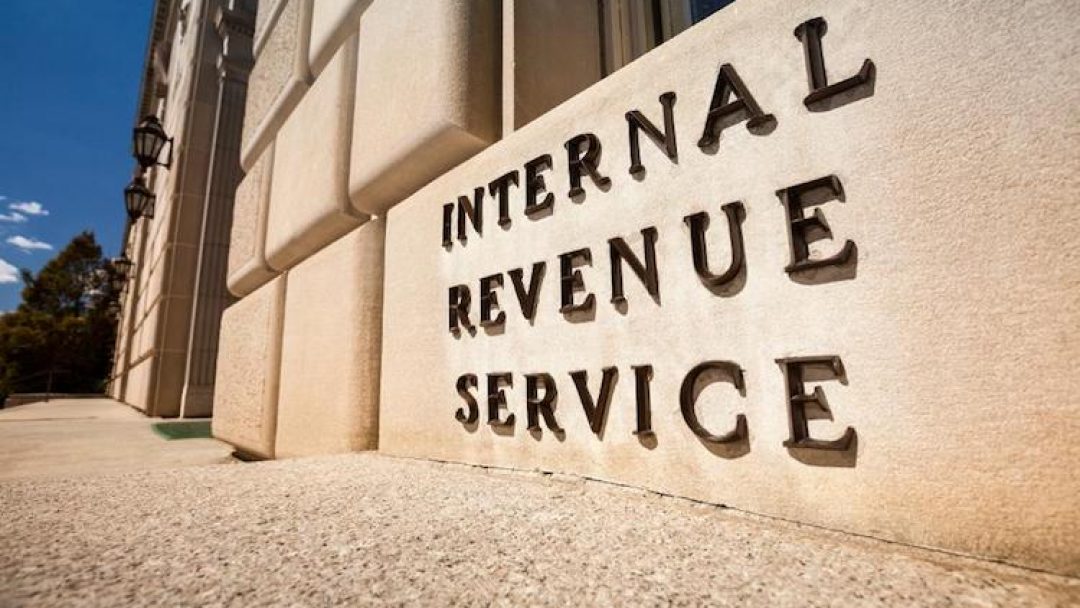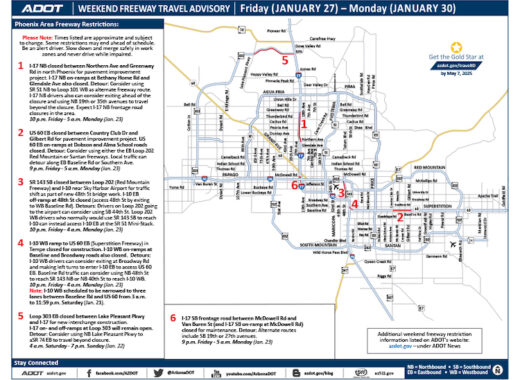The Treasury Department announced last week that the income tax filing day will be delayed from April 15 to July 15 for both individuals and businesses.
“All taxpayers and businesses will have this additional time to file and make payments without interest or penalties,” Treasury Secretary Steven Mnuchin tweeted at the time.
This week, the IRS announced further measures to give taxpayers help as COVID-19 brings the American economy to a standstill.
“The IRS is taking extraordinary steps to help the people of our country,” said IRS Commissioner Chuck Rettig in announcing the measures.
The moves – in effect from April 1 to July 15 – are in addition to a series of measures in the $2 trillion economic stimulus package to “at least temporarily ease the tax burden,” mostly for businesses. T
Here are three of the highlights from the IRS actions announced this week:
No new audits
The agency announced that “the IRS will generally not start new field, office and correspondence examinations” during this period (April 1-July 15). A correspondence examination is another way to describe that dreaded letter from the IRS announcing an audit. As the agency likes to say, they don’t announce audits via phone.
However, the IRS says it might start new examinations to protect the government’s interest if the statute of limitations is about to run out.
The agency will continue to work on refund claims without any in-person contact.
A suspension of any upcoming ‘seizures of a personal residence’
The agency also announced that field collection activities will be suspended from April 1 to July 15. Liens and levies will be suspended during this period, too.
However, the IRS underlined “field revenue officers will continue to pursue high-income non-filers”.
A temporary suspension of payments on an installment plans
Many taxpayers choose to pay their bill to the IRS over time instead of all at once. The new rules allow taxpayers to suspend payments that are due between April 1 and July 15, 2020.
But beware, the money will eventually be due and “[b]y law, interest will continue to accrue on any unpaid balances.”
The IRS also announced some easing of restrictions on taxpayers who are currently petitioning the IRS to forgive all or some of their outstanding tax bill – known as Offers in Compromise (OIC) in IRS lingo. Taxpayers now have until July 15 to make their case for relief and the IRS will not close any requests before July 15 without the taxpayer’s consent.
The OIC process is for people facing a liability that exceeds their net worth in order to give them a “fresh start,” according to the IRS.
The announcement included a range of other measures including a relaxation of penalties on non-filers and news that they won’t forward delinquent taxpayers to private collection agencies or the State Department.
“During this difficult time, we want people working together, focused on their well-being, helping each other and others less fortunate” Rettig said.
Click here for more information.








